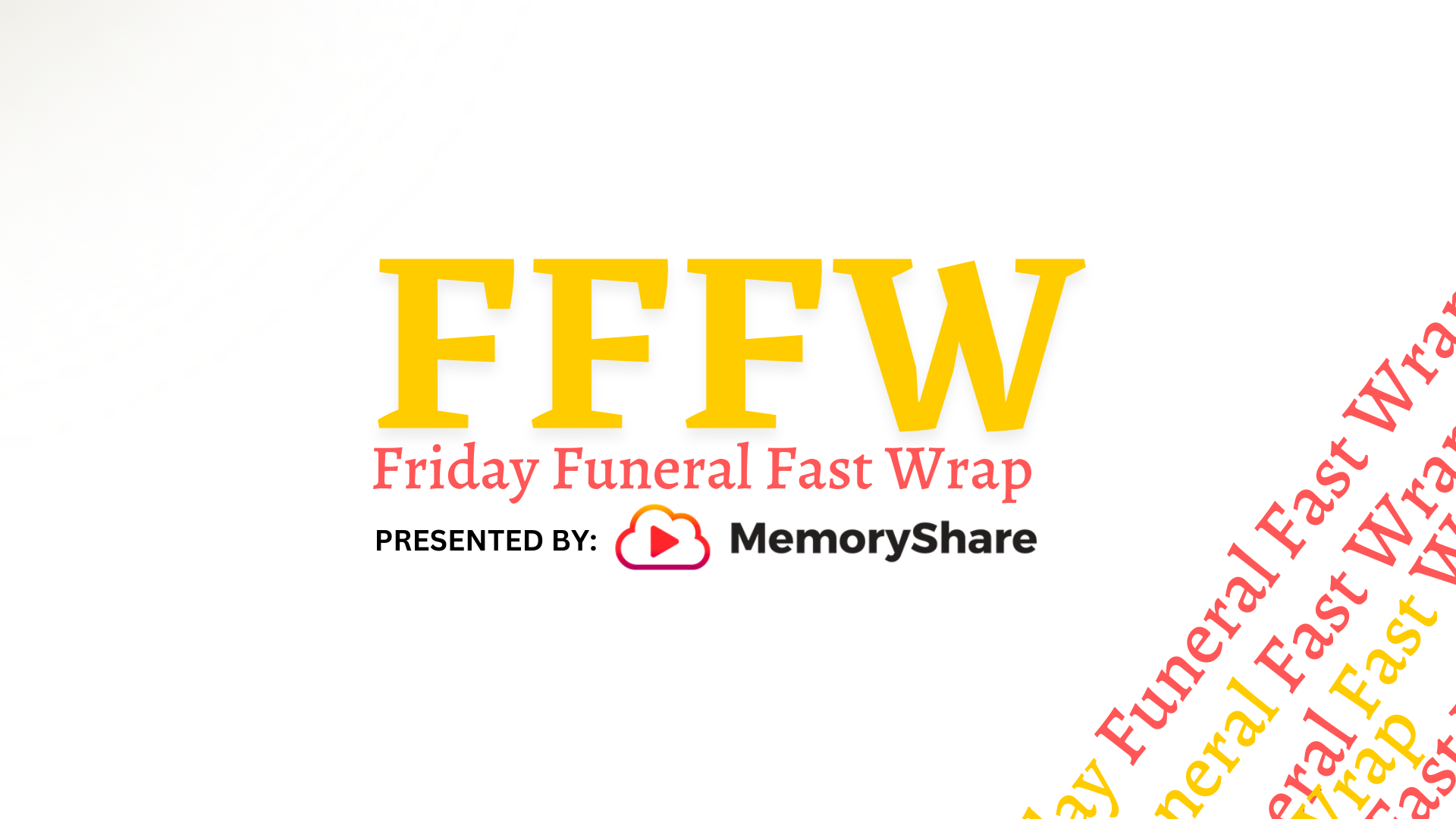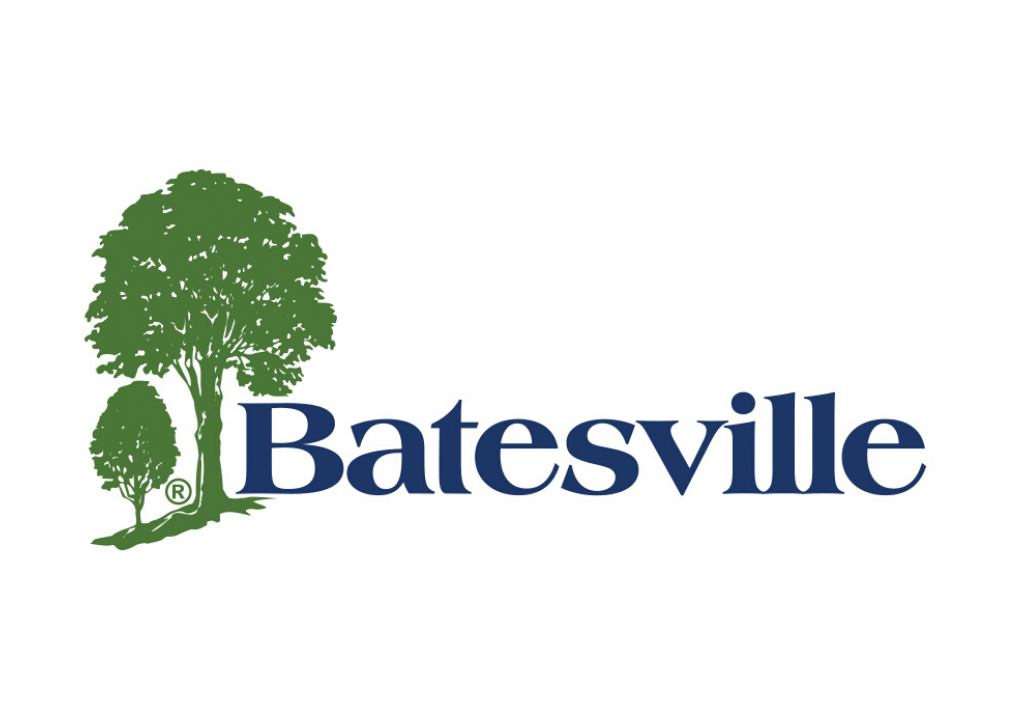Response To NPR Investigative Report
Originally Posted on Funeral Guru Liz
Many have been asking me to comment on a recent NPR investigation which focuses on the funeral industry. While there is plenty to say about it, I am much more disturbed by the reactions of some fellow funeral directors. I was ignorant to think that when this article came out it would spark change not because laws would become more stringent or an outside tech company would try to intervene, but rather because it would open the doors for more honest conversations. Others in this industry have rushed defend the status quo and hold meetings to give their staff scripts for answering questions. Before you, the customer, are fooled into believing their answers, I hope that I can reach you to have an honest and open conversation.
Before you naively dismiss me, believing that my only experience was working in Manhattan and those prices do not reflect the rest of America, let me give you a bit more background. First, I worked for Service Corporation International (the largest funeral conglomerate and the one that was referenced in the NPR article and whom refused to comment.) Therefore, I was fortunate enough to not only have access to my funeral home’s price list, but also those of the 1,500 other funeral homes that SCI owns. Moreover, after being disturbed by the lack of transparency in the industry, I left and obtained my MBA in an attempt to learn how to disrupt the market. There, I wrote my dissertation on the lack of openness in the industry and worked through different ways to provide transparency. Next, I took a job at a startup where I traveled across the country to meet with directors at both independent and corporate run funeral homes. I did this not only to better understand different markets, but also to obtain their price lists for comparison. Lastly, Simon & Schuster published my memoir which focuses on both my naive planning of my father’s funeral and then the time I spent thereafter, working in this industry.
The basis of the NPR article is that the mere act of crossing a street can save you thousands of dollars. I will not snap and say this is an egregious statement, in some situations, this is in fact true. Rather than be shocked by this, however, it is best to look deeper. To take the side of the funeral directors, this is not dissimilar to many other industries. Often, there is a Whole Foods within walking distance of a more budget-friendly grocery store; both sell eggs, milk and fruit, but at one location those items will be more costly than at the other. Or, if food shopping isn’t a good enough comparison, how about the one that is often used as a comparison in the industry- hotels. Not only is it typical to have a bunch of hotels within close proximity to one another, but also one larger conglomerate may actually own multiple locations in the area. For example, near an airport or a central hub, it is common to find hotels of different star-ratings and price. Again, all offer lodging to guests, but charge a variety of prices. Can consumers yet again simply cross a street to save money? Of course they can. Therefore, when comparing the funeral home to supermarkets (or any store for that matter) or hotels, it seems acceptable to have a variety of cost options.
Having made that argument, however, I will now point out the obvious flaws:
Products Offered:
In many cases, different funeral homes cater to different sects of clients. Some might be more religiously focused, while others may cater to a more upscale clientele. Again, having traveled around the country and visited countless funeral homes, I can attest to the fact that in many situations “you get what you pay for.” This is similar to the other examples; you may pay more for a carton of eggs at Whole Foods than you do at your budget grocery store, but if you are purchasing organic free range eggs at one and not the other, you know what the differentiation is. I take issue, however, with the funeral homes (most often those under corporate ownership) that convince the consumer that they are selling an exclusive commodity when, in fact, it will be very similar to the offering across the street. For example, if a corporate-owned funeral home has two locations close to each other it is not uncommon for them to share a variety of offerings, such as caskets, hearses, crematories, and even staff! Again, it is possible that the same goods, offered by an overlapping staff, could cost significantly more at one location than at the other. The defense is that the goods are offered in a nicer location (perhaps paying more for real estate and upkeep) in one place over the other. Again, the different grocery stores are entitled to charge more for the same products. Knowing that they will likely lose customers, however, they try to keep to competitive with their competition.
Knowledge of Consumer
My main concern is that the consumer is oblivious. Because we live in a society that has made speaking about funerals taboo, most people do not take the time to preplan their funerals. It is no secret that the industry is aware that they have a captive and uneducated clientele. The International Cemetery, Cremation and Funeral Association (ICCFA) have on their website,
“Such purchases are often made under circumstances that reduce the ability of consumers to make careful, informed decisions due to the pending or actual death of a family member or friend. In addition, the FTC, which has studied the funeral services industry for well over 20 years, has found that consumers lack familiarity with the funeral transaction itself: nearly 50 percent of all consumers have never arranged a funeral and another 25 percent have done so only once…. When making arrangements “at need,” that is, when a death is imminent or has just occurred, consumers must make potentially costly decisions under severe time, financial, and emotional constraints.”
How do we, as a society accept this? Again, to go back to the carton of eggs maybe an ignorant consumer will enter a costly grocery store, unaware of the impending bill. Might that store get a one-time client solely due to the ignorance of the consumer, yes. This, however, is not of as much importance because in that situation, difference in cost is likely just a few dollars. Funerals, on the other hand, cost on average in America between $7,000-$10,000. Our ignorant consumer would have to purchase hundreds of items at the supermarket to have the same level of buyer’s remorse as he who naively made one err in choice of funeral homes.
Freedom of Choice
If you get to a grocery store and see that the eggs you came for are significantly more expensive than you anticipated, you are completely at liberty to leave empty-handed and search for the eggs elsewhere. This, however, is not always the situation when it comes to funerals. Again, technically the consumer should get a General Price List (GPL) before any money conversations take place. But, as referenced above, the consumer often is in a state of shock and just agrees to pay the amount quoted. The same website tells us,
“The FTC, which has studied the funeral services industry for well over 20 years, has found that consumers lack familiarity with the funeral transaction itself: nearly 50 percent of all consumers have never arranged a funeral and another 25 percent have done so only once.”Unfortunately, once you choose a funeral home, changing your mind can be a costly endeavor. Many funeral homes will charge a (hefty) fee to transfer the body to another funeral home. Often, this fee will be large to dissuade most customers from leaving.
Unfortunately, once you choose a funeral home, changing your mind can be a costly endeavor. Many funeral homes will charge a (hefty) fee to transfer the body to another funeral home. Often, this fee will be large to dissuade most customers from leaving.
So, what’s next? Some in the funeral industry, Dan Isard and Jeff Harberson, “The Funeral Commander,” reacted by sending out a video suggesting to funeral home owners they should, “train [the] staff to answer questions from the consumer in a consistent way…. Answers should be consistent. Practice sharing the statements within the group.” This worries me. While these two do point out that the price lists will be more available, I worry that crafting answers for the public could lead to more deceptive practices. I urge all of you out there to take the time to research the funeral homes in your area. Do this when you are not pressured for time, well before it is a necessary task. If possible, I highly suggest physically going to the funeral homes. Although the articles would have you believing otherwise, I happen to know there are very well-meaning and caring funeral directors out there. Go introduce yourself and speak with the directors in your neighborhood. Remember, there are multiple factors that go into the cost of the funeral. You may want to spend a bit more to have a longer viewing or a more luxurious funeral home, or you may want the most economic direct cremation. It is not for the funeral directors (or me) to tell you what option you should choose. It is our role as representatives to simply provide you with the options available.




